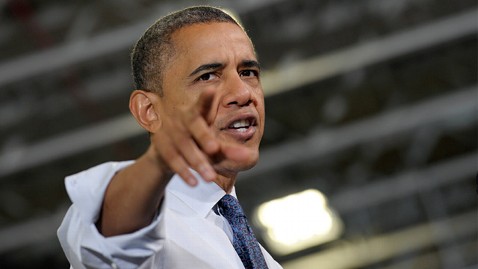CHICAGO (AP) — For the first time in almost two decades the nation's psychiatrists are changing the guidebook they use to diagnose mental disorders. Among the most controversial proposed changes: Dropping certain familiar terms like Asperger's disorder and dyslexia and calling frequent, severe temper tantrums a mental illness.
The board of trustees for the American Psychiatric Association voted Saturday in suburban Washington, D.C., on scores of revisions that have been in the works for several years. Details will come next May when the group's fifth diagnostic manual is published.
The trustees made the final decision on what proposals made the cut; recommendations came from experts in several task force groups assigned to evaluate different mental illnesses.
Board members were tightlipped about the update, but its impact will be huge, affecting millions of children and adults worldwide.
The manual "defines what constellations of symptoms health care professionals recognize as mental disorders and more importantly ... shapes who will receive what treatment. Even seemingly subtle changes to the criteria can have substantial effects on patterns of care," said Dr. Mark Olfson, a Columbia University psychiatry professor who was not involved in the revision process.
The manual also is important for the insurance industry in deciding what treatment to pay for, and it helps schools decide how to allot special education.
The guidebook's official title is the Diagnostic and Statistical Manual of Mental Disorders. The new one is the fifth edition, known as the DSM-5. A 2000 edition made minor changes but the last major edition was published in 1994.
The manual "seeks to capture the current state of knowledge of psychiatric disorders. Since 2000 ... there have been important advances in our understanding of the nature of psychiatric disorders," Olfson said.
Expected changes include formally adopting a term for children and adults with autism — "autism spectrum disorder," encompassing those with severe autism, who often don't talk or interact, and those with mild forms including Asperger's. Asperger's patients often have high intelligence and vast knowledge on quirky subjects but lack social skills.
Some Asperger's families opposed the change, fearing their kids would lose a diagnosis and no longer be eligible for special services. And some older Asperger's patients who embrace their quirkiness vowed to continue to use the label.
But experts say the change won't affect the special services available to this group.
Catherine Lord, an autism expert at Weill Cornell Medical College who was on the psychiatric group's autism task force, said anyone who met criteria for Asperger's in the old manual would be included in the recommended new diagnosis.
One reason for the recommended change is that in some states and some school systems, children and adults with Asperger's receive no services or fewer services than those given an autism diagnosis, she said.
Other proposed changes include:
—A new diagnosis — disruptive mood dysregulation disorder, which critics argued would medicalize kids' normal temper tantrums. Supporters said it would address concerns about too many kids being misdiagnosed with bipolar disorder and treated with powerful psychiatric drugs. Bipolar disorder involves sharp mood swings from feeling sad and depressed to unusually happy or energetic. Affected children are sometimes very irritable or have explosive tantrums. The new diagnosis would be given to children and adults who can't control their emotions and have frequent temper outbursts in inappropriate situations.
—Eliminating the term "dyslexia," a reading disorder that causes difficulty understanding letters and recognizing written words. The term would be encompassed in a broader learning disorder category.
—Eliminating the term "gender identity disorder." It has been used for children or adults who strongly believe that they were born the wrong gender — they dispute their normal biological anatomy. But many activists believe the condition isn't a disorder and say calling it one is stigmatizing. The term would be replaced with "gender dysphoria," which means emotional distress over one's gender. Supporters equated the change with removing homosexuality as a mental illness in the diagnostic manual, which happened decades ago.
___
Online:
Diagnostic manual: http://www.dsm5.org
___
AP Medical Writer Lindsey Tanner can be reached at http://www.twitter.com/LindseyTanner










